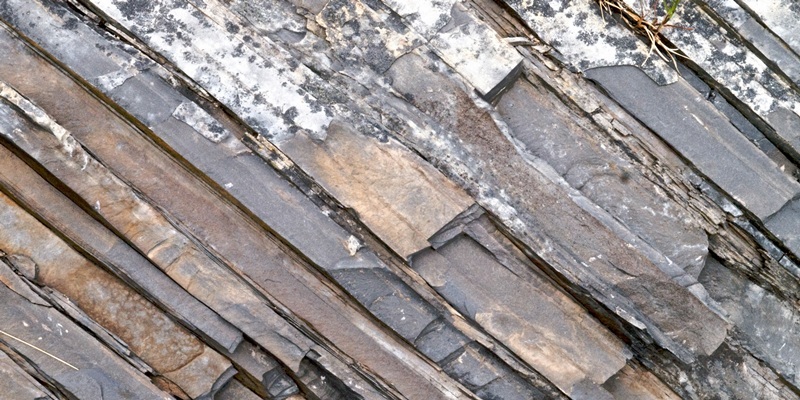An environmental charity has called for a controversial gas extraction method to be banned in Scotland after an application to begin work was submitted.
WWF Scotland, based in Dunkeld, said the government should follow the example of France and outlaw “fracking” a technique used to extract shale gas from rock.
A company is seeking permission to drill what would be Scotland’s first exploratory hydraulic fracturing well at Airth, near Falkirk, in a bid to exploit the shale gas.
Hydraulic fracturing is a method of retrieving shale gas by injecting chemicals, water and sand into shale rock formations under high pressure.
WWF Scotland said it has concerns around the process, including the contamination of water supplies by the “fracking” fluids and from gas leaking into water supplies, creating risks of explosions.
It added that recent research suggests, instead of leading to lower greenhouse gas emissions, shale gas could have a greenhouse gas footprint which is significantly worse than conventional gas and which is as bad as, or worse than, coal.
Earlier this month France’s National Assembly voted to ban “fracking.”
WWF Scotland’s director Dr Richard Dixon said, “Scotland saw the birth of the shale oil industry over 150 years ago, but times change and shale gas is the last thing we need.
“It is ridiculous for a country with the world’s best climate targets and supreme ambitions on renewable energy to be home to a proposal to produce new fossil fuels even dirtier than coal.
“Scotland should instead be playing to its natural advantages in clean, green renewable energy. Shale gas is a disaster for the climate and its production can contaminate groundwater.
“Scotland should follow France’s example and ban it before it even gets going. If this proposal goes ahead it will be an embarrassment for the new government, which wants Scotland to be known as the home of clean energy.
“Any shale gas projects in Scotland will quickly tarnish our global claim to green credentials.”
Australian-owned Stirling-based Composite Energy wants to sink a £1 million test bore 2000 metres deep at Airth before the end of the year.
Photo used under Creative Commons licence courtesy of Flickr user Seldom Scene Photography.
